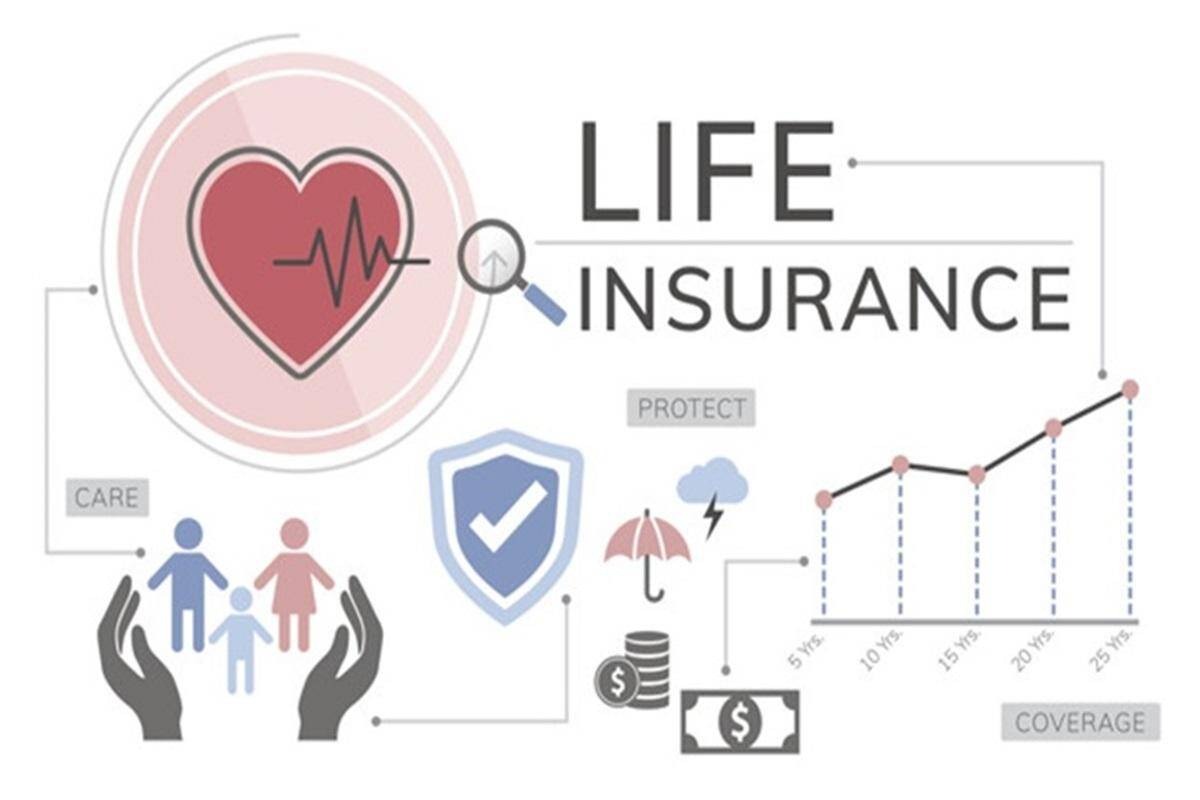Life insurance is a key financial tool that offers great protection for you and your family. If you’re new to life insurance or want to check your current coverage, this guide is for you. We’ll cover the different types of life insurance, their benefits, and what affects your premiums. By the end, you’ll know how life insurance can protect your family’s financial future.

Key Takeaways
- Life insurance is a financial product that provides financial protection for your loved ones in the event of your untimely death.
- There are different types of life insurance policies, including term life, whole life, and universal life, each with its own unique features and benefits.
- Life insurance premiums are influenced by factors such as age, health, lifestyle, and coverage amount, among others.
- Proper life insurance planning can help ensure that your family’s financial needs are met in the event of your passing.
- Understanding the different types of life insurance and the factors that affect premiums can help you make informed decisions about your coverage.
Also Read: Understanding Homeowners Insurance: Types, Liability Coverage, and Key Considerations
What is Life Insurance and Why is it Important?
Life insurance is a financial product that pays out a death benefit to your loved ones if you pass away. This benefit can help cover essential costs like mortgage payments, debts, and living expenses. It ensures your family’s financial security. It also helps with estate planning, making it easier to pass on wealth to your heirs while reducing taxes.
Protecting Your Loved Ones’ Financial Future
The main goal of life insurance is to protect your family’s financial health if you die too soon. It offers a lump sum to your beneficiaries, helping them keep their lifestyle, pay off debts, and plan for the future. This importance of life insurance is huge, as it eases the financial burden on your loved ones during tough times.
The Role of Life Insurance in Estate Planning
Life insurance is also key in estate planning. By including it in your financial plan, you can ensure your assets are shared as you wish, reducing taxes and other costs. This life insurance for estate planning helps you pass on wealth more efficiently, giving you control over your legacy.
| Importance of Life Insurance | Key Benefits |
|---|---|
| Protects your loved ones’ financial future | Provides a death benefit to cover expenses and maintain standard of living |
| Plays a crucial role in estate planning | Allows for efficient wealth transfer to heirs, minimizing tax implications |

Understanding Life Insurance
Life insurance is a key financial tool that gives your loved ones security if you pass away too soon. To understand how life insurance works, you need to know the basics. At its heart, a life insurance policy has a death benefit. This is the money given to your chosen beneficiaries when you die.
The death benefit’s size depends on your policy type and coverage. The life insurance basics also cover premiums. These are the regular payments you make to keep your policy active. Your age, health, and coverage amount affect your premium.
Knowing how the death benefit and premiums work is key. It helps you pick the right policy for your needs and budget.
Also, the policy terms outline your coverage’s details. This includes how long it lasts, whether it’s term or whole life, and any special rules. Learning these how life insurance works basics helps you make smart choices. This way, you can protect your family’s financial future.

Types of Life Insurance Policies
There are two main types of life insurance: term life and whole life. Each has its own benefits and fits different needs and goals.
Term Life Insurance
Term life insurance covers you for a set time, known as the “term.” It’s cheaper than whole life, making it great for those watching their budget or needing short-term protection. If you die during this time, your loved ones get a death benefit. After the term ends, you need to renew or get a new policy to keep coverage.
Whole Life Insurance
Whole life insurance covers you for life. It has a cash value that grows, letting you use that money if needed. Whole life costs more than term life, but it’s permanent as long as you pay premiums.
| Feature | Term Life Insurance | Whole Life Insurance |
|---|---|---|
| Coverage Duration | Temporary (for a specific term) | Lifelong |
| Premium Cost | Generally lower | Generally higher |
| Cash Value | No cash value component | Accumulates cash value over time |
| Renewability | May be renewed at the end of the term | Permanent coverage as long as premiums are paid |
Knowing the differences between term life insurance and whole life insurance helps you choose the right policy. It’s about finding what fits your financial needs and goals.
Also Read: Navigating Auto Insurance: Debunking Myths About Rates, Discounts, and Coverage
Factors Affecting Life Insurance Premiums
The cost of life insurance can change a lot. It depends on several factors. Knowing these helps you figure out how much your life insurance will cost. It also helps you decide how much coverage you need.
Your age is a big factor in life insurance rates. As you get older, the risk of dying goes up. This means you’ll pay more for life insurance premiums. It’s cheaper to get life insurance when you’re younger.
Your health status also affects life insurance costs. If you have health problems, you might pay more. Things like your weight, cholesterol, and family health history can change the price of your life insurance.
Your lifestyle choices matter too. If you do risky things, like skydiving, you’ll pay more. But, staying healthy and not smoking can help you get better rates.
The coverage amount you pick is another big factor. More coverage means higher life insurance premiums. Think about your family’s needs and how much you can afford. This helps you find the right balance.
Calculating Your Life Insurance Needs
Finding the right amount of life insurance can be tricky. It depends on your financial situation and goals. You might need it to replace lost income or cover debts and final expenses.
Income Replacement
When thinking about life insurance, consider how much income your family needs if you’re not there. You should look at your current income, how long your family needs support, and other income sources. This could be your spouse’s job or government benefits.
Debt and Final Expenses
Don’t forget about debts and final expenses your family might face. This includes mortgages, car loans, credit card balances, and funeral costs. Life insurance can help cover these, keeping your family’s standard of living intact.
By looking at your income, debt, and other financial details, you can figure out the right life insurance needs calculation. This ensures your family is protected. Remember, the how much life insurance do I need question is personal to you. So, think about your specific situation when deciding.
If you have life insurance for income and debt, calculating your needs might be easier. Still, it’s wise to check your policy and update it as your finances change.
Benefits of Life Insurance
Life insurance gives your loved ones financial security. It offers a tax-free death benefit. This means your family gets the money you’ve set aside without paying taxes on it.
This money can help pay for important things like debts, funeral costs, and everyday living expenses. It’s a big help during tough times.
Life insurance also brings peace of mind. It ensures your family is taken care of, even when you’re not there. This financial support helps them keep their lifestyle and avoid financial struggles.
For families with kids, life insurance is especially important. It helps secure their future and education. It’s a key part of your financial planning.
Group life insurance is often offered through?

Group life insurance is frequently provided by employers as part of workplace benefits, offering coverage to all employees.
Variable life insurance involves what feature?
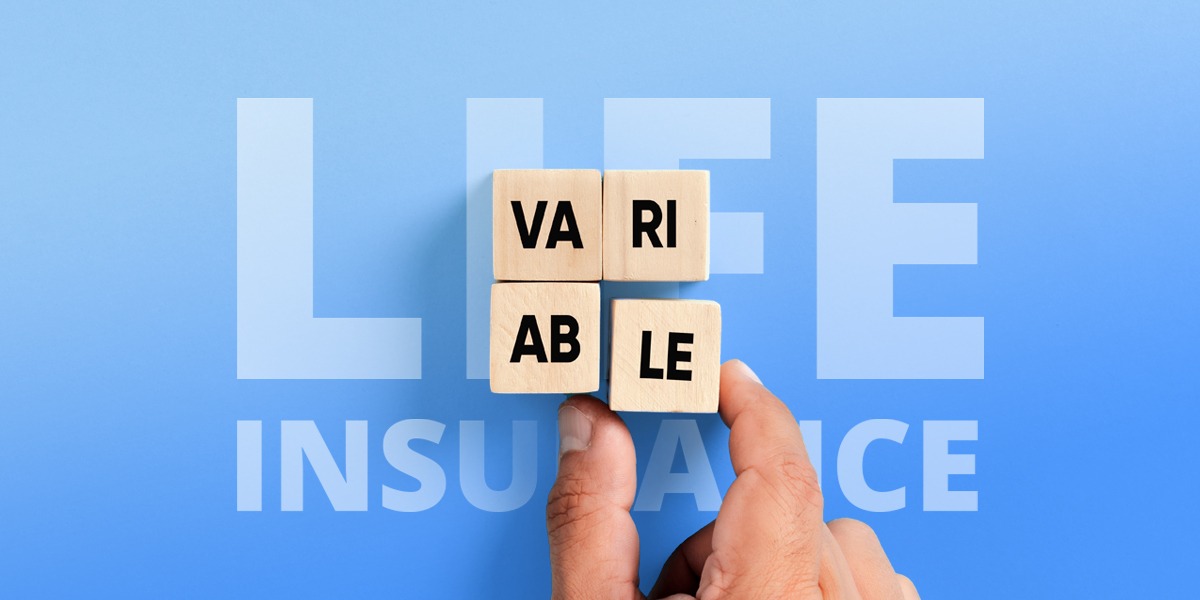
Variable life insurance allows policyholders to invest in various accounts, like stocks or bonds, making the policy's cash value dependent on market performance.
Whole life insurance provides what type of benefit?

Whole life insurance guarantees lifetime coverage and builds cash value over time, making it a permanent option.
Life insurance premiums are higher for which type?

Whole life insurance has higher premiums because it offers lifetime coverage and a cash value component, unlike term life insurance.
Does life insurance provide a cash value that grows over time?

Permanent life insurance, such as whole or universal life, builds cash value over time, unlike term policies which do not.
Riders in life insurance refer to?

Riders are additional provisions that can be added to a life insurance policy to provide extra coverage or benefits, such as critical illness coverage.
Universal life insurance allows flexibility in which area?
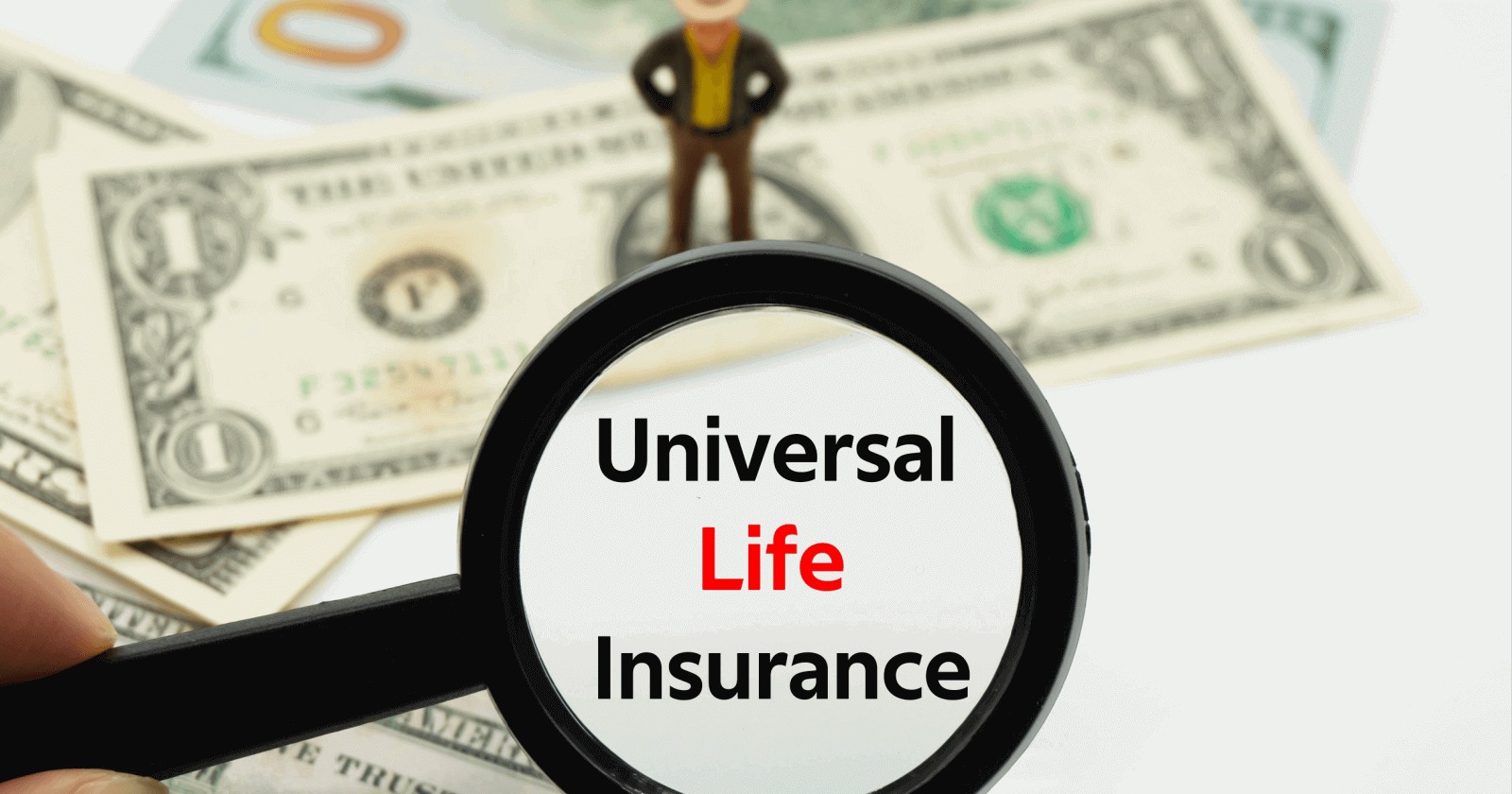
Universal life insurance provides flexibility with premium payments and coverage amounts, allowing you to adapt your policy based on financial changes.
The death benefit of life insurance is paid to?
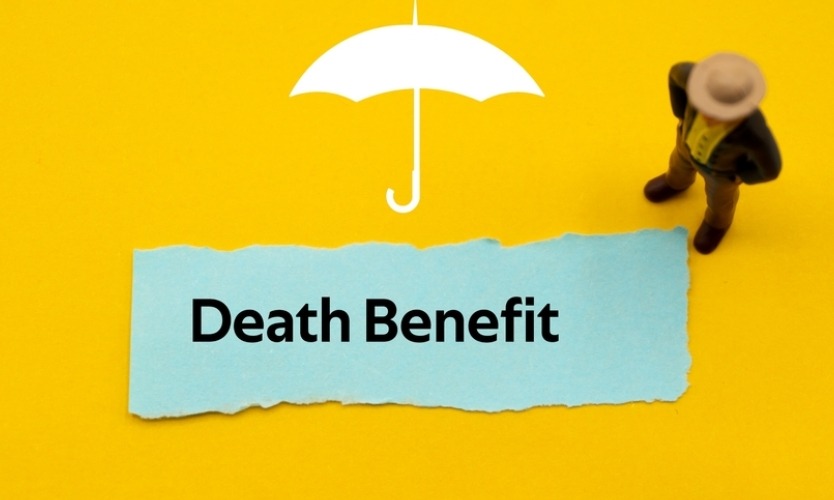
The death benefit of a life insurance policy is paid to the designated beneficiaries upon the policyholder's death.
Term life insurance offers coverage for how many years?
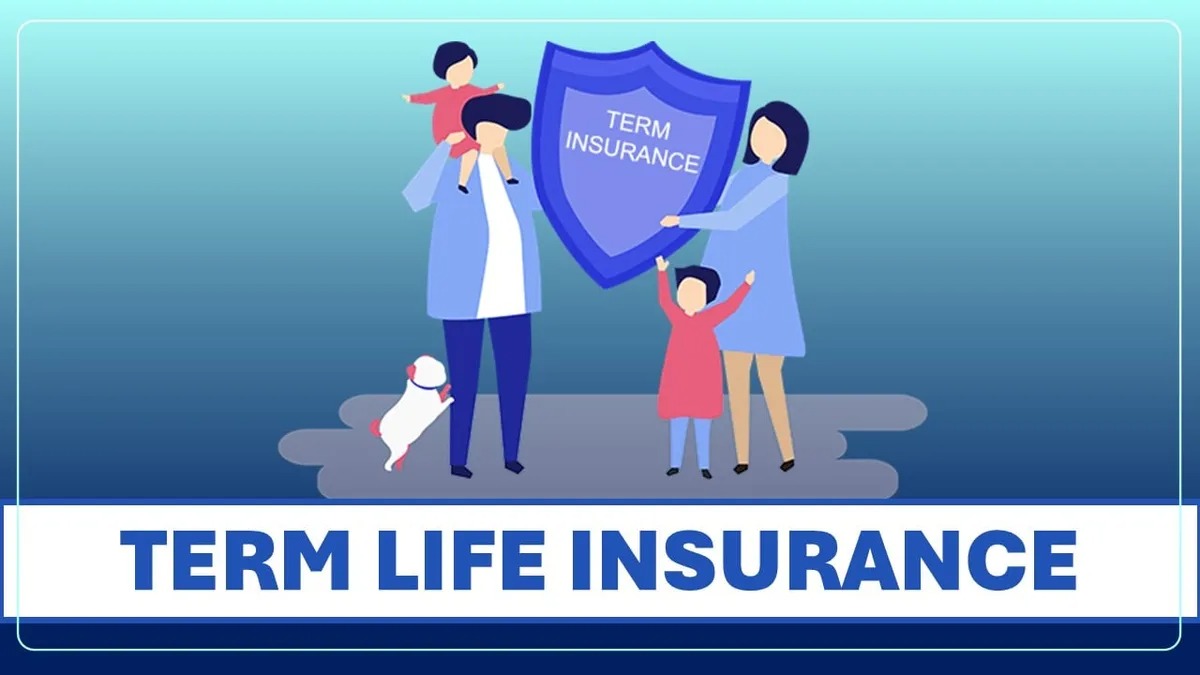
Term life insurance typically offers coverage for a set period, usually 10 to 30 years, and it does not build cash value.
Why are younger people advised to buy life insurance early?

Buying life insurance young secures lower premiums since rates are based on age and health, which are better when younger.
